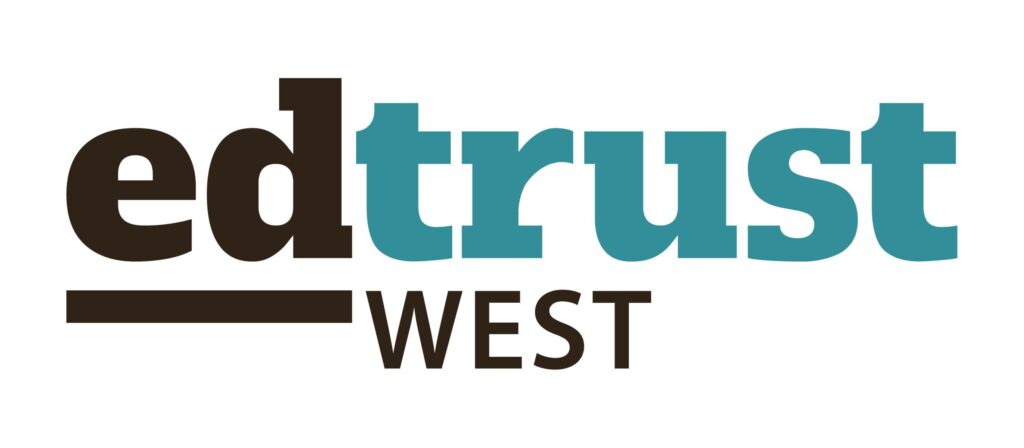This year, 2012, promises to be a pivotal one for California’s students. From Gov. Jerry Brown’s proposal to reform our education finance system to competing ballot initiatives to raise more funds for schools, to efforts to change the school accountability system, our elected officials will grapple with a host of high-stakes decisions with long-term impact.
At risk is our state’s economic future. To meet the demands of our economy, California will need one million more college graduates by 2025 than our education system is on track to produce. We cannot achieve this target without dramatically expanding college and career opportunities for the students of color and low-income students who are the overwhelming majority in California’s classrooms. As state leaders make critical choices about the future of our education system, they must correct the inequities that have led to unacceptable gaps in opportunity and achievement.
Children facing poverty need additional resources to catch up to their more affluent peers. Yet, evidence shows that rather than providing high-need students with extra resources, California provides them with less of everything that matters. Low-income students and students of color are less likely to be taught by the best-trained, most effective teachers than their more advantaged peers. High-poverty school districts receive fewer dollars than more affluent communities, even though it costs more to educate students who start off behind and have greater educational needs. Low-income, African-American, and Latino students are less likely to have access to rigorous, college-ready coursework while in high school, and therefore less likely to succeed in higher education.
Against a backdrop of state education budget cuts and a precarious economy, our leaders will once again be tempted to push important decisions into the future. This would be a mistake. California’s 6 million students deserve a better future, which must begin with better schools. To build a more equitable education system that can transform the lives of our students, we urge our elected leaders to commit to the following agenda:
1. IMPROVE TEACHER AND LEADER EFFECTIVENESS.
Parents and researchers agree that teachers are the most important in-school factor affecting student achievement. For this reason, we must better identify effective teachers, support all teachers so they can grow professionally, address ineffective teaching, and ensure that our highest need students have access to our best teachers and leaders.
2. REFORM THE SCHOOL FINANCE AND FUNDING SYSTEM.
Our existing system is opaque, irrational, and unfair. We must reform our education finance system so it makes sense to all stakeholders and adequately and equitably supports the diverse needs of California’s learners. Districts must ensure the bulk of the funds are spent at the school level and should be held accountable for both equitable spending and results.
3. OFFER RIGOROUS STANDARDS, CURRICULUM, AND ASSESSMENTS.
We must prepare our students for the demands of college and 21st-century careers. This means establishing college preparatory graduation requirements, offering a challenging curriculum that integrates college and career preparation, and ensuring equitable access to the Common Core State Standards.
4. STRENGTHEN SCHOOL AND DISTRICT ACCOUNTABILITY.
To strengthen school performance, we must set clear, ambitious performance and gap-closing targets that are aligned with college and career readiness. We must take decisive action where schools, especially the lowest performers, fall short of those goals and offer tailored supports to all schools needing an extra boost to reach their targets.
Published: October 8, 2014

